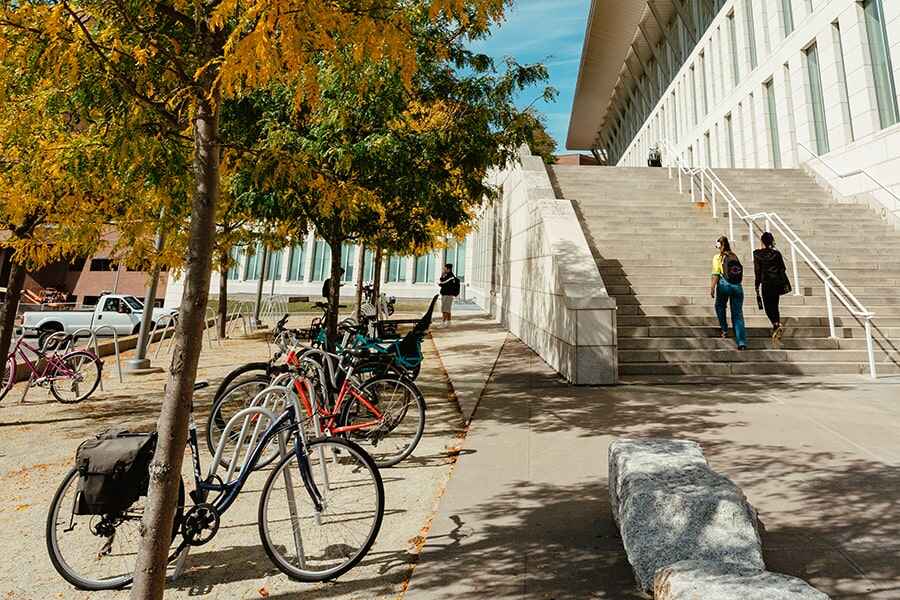From Climate Crisis to Climate Resilience
In Europe at Local and Regional Levels
Vienna, Austria
August 28 – 29, 2025
Central to the Pan-European Summit are mayors of cities and heads of provinces (local states) from all parts of Europe to cover urban and rural areas resilience challenges, together with EU Commission leaders, youth, science, business, civil society stake holders.
Pontifical Academies of Sciences (PAS) and of Social Sciences (PASS) with their partners will facilitate the regional climate resilience consultations, and provide guidance in line with the Call to Action. The conference is generously supported by and organized in partnership with the Bertelsmann Foundation, as well as in partnership with Austrian Academy of Sciences and the European Academies of Sciences Advisory Council (EASAC). This Summit shall address the unique climate, environmental, and socio-economic challenges that a plurality of invited European cities and regions face, responding to hazards and building systemic preparedness.
Summit Themes

Additional Summit Themes
- Youth Engagement
- Equity
- City- and Region-Specific Threats
- Risk Management Systems
- Preventive Measures in Infrastructures
- Water and Sewage Systems
- Insurance Systems
- Data Systems for Climate Resilience.
- Public Health Infrastructure
MAST Strategy
We need to complement mitigation with adaptation to cope with the additional heating of the planet in the coming decades to survive. To catalyze mitigation and adaptation we need to enable societal transformation. The target is to not only survive but also to thrive and evolve to a sustainable way of living.
We must broaden the current approach of a dominant focus on Mitigation to climate resilience. Mitigation is the central cornerstone of climate action. But since climate change is already changing the risk landscape we need to build in adaptation, and resilience.
Building resilience consists of the following actions:
- Anticipate threats and risks;
- Prepare for threats and risks;
- Respond to threats and risks; and
- Recover and Rebound from threats and risks.
Mitigation, Adaptation, and Societal Transformation (MAST) are forming the three pillars for Climate Resilience.
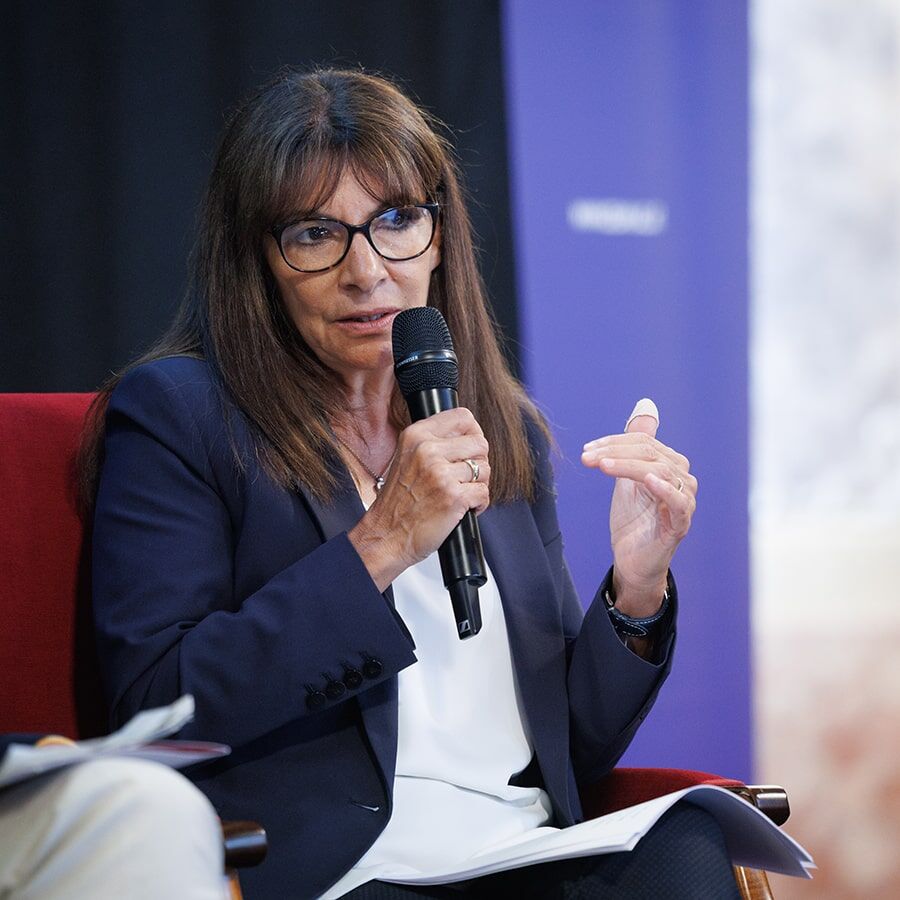
Objectives of the Cooperation
- Strengthening Climate Resilience through science-based evidence, and networking among science and policy and society consultations for actions.
- Mobilizing and strengthening the voices and actions of subnational governments (mayors and governors) at local, national and regional levels as well as at Climate COPs.
- Emphasizing especially the voice of youth.
Initiatives on Climate Resilience
The Faith and Science Initiative
The Faith and Science initiative by the Vatican, in which PAS mobilized science communities, and the Governments of the UK and Italy shaped the Climate Change Conference of the Parties (COP) agenda in Glasgow and helped bring issues of water, food and agriculture for the first time high on the agenda of the COP in Sharm el Cheikh.
Resilience of People & Ecosystems Under Climate Stress
In July of 2022, PAS organized a meeting of experts, at which the MAST concept for resilience was proposed and accepted by all the experts attending the meeting in a conference declaration. This led to the realization that resilience must be built at the local level of cities and states.
Learn More About the MeetingUniversal Protocol of Resilience
The regional Summits in all hemispheres shall advance the call to Action for a universal protocol of resilience, as Pope Francis called it in his speech on May 16, 2024, to the global resilience summit attendees: “I commend the two Academies for producing a universal protocol of resilience.”
Regional summits are planned from February of 2025 to March of 2026. We aim to culminate in a final comprehensive Vatican Summit in 2026 and the release of a Universal Protocol for Climate Resilience.
Planetary Call to Action for Climate Change
A Global summit was organized jointly by PAS and PASS during May 15 - 17, 2024, assembling from all hemispheres mayors and governors to discuss and showcase innovative solutions for climate resilience. The outcome of the summit was a Planetary Call to Action for Climate Change Resilience (Pope Francis, Ramanathan, V; Suárez-Orozco, M; von Braun, J; Alford, H; Turkson, P; and 15 other authors by PAS and PASS, signed by all attendees, including all the attending Mayors and Governors. The document recognizes that the climate crisis is upon us already, and we need a new expanded approach adding to emissions mitigation to protect people and ecosystems, and need to engage with global reach at the local level. To support implementation, a series of regional summits across all hemispheres was envisioned.
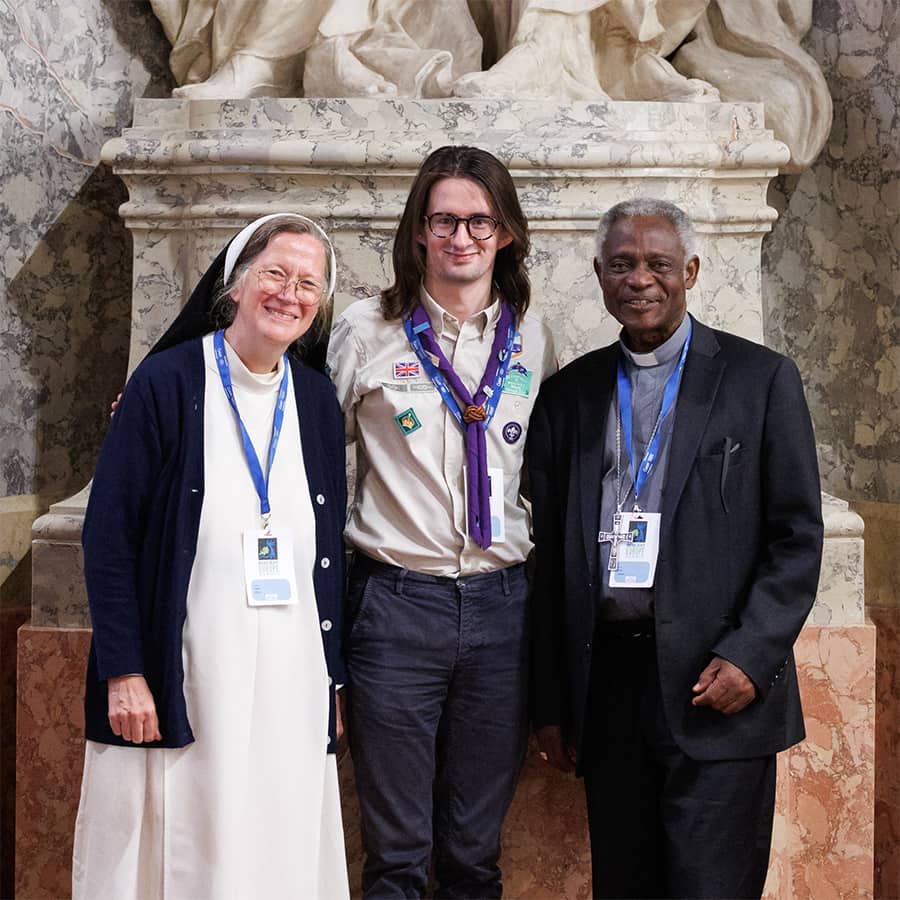
Stay Resilient
Video recordings of both days of the ResilientEurope Summit are available to watch online.
Aiming for Lasting Outcomes Among the Partners
Beyond conference reporting and platform formations, the following tangible outcomes are envisioned:
- Options for climate resilience oriented regional and local planning, including adaptation strategies, and sharing local business plans.
- High-level policy dialogue formats for resilience actions, combined with youth and multi-stakeholder perspectives on climate resilience.
- Adoption of implementation protocols, and structured inputs for city and regional protocols for Climate Resilience for COPs and for the Final Vatican Summit in 2027.





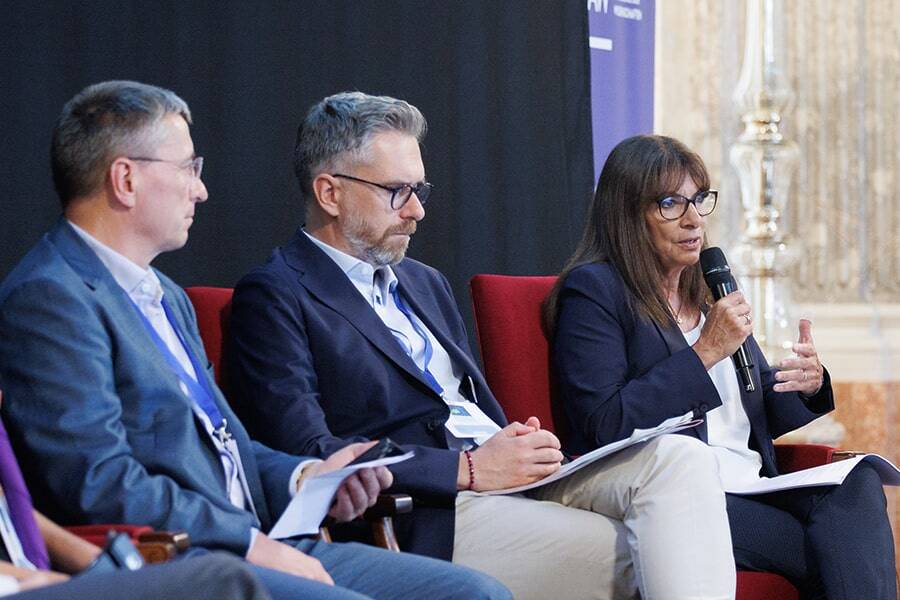
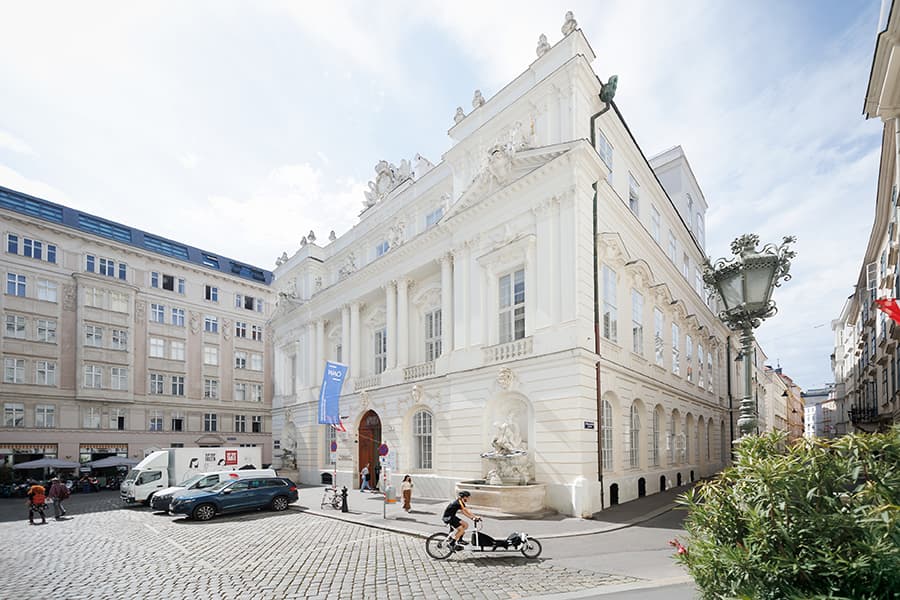
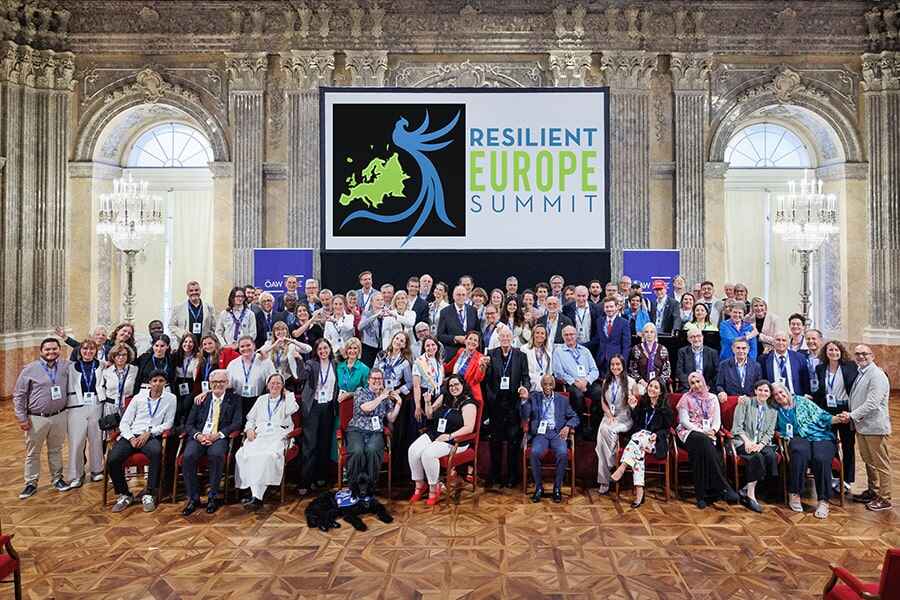
-14-Javier-900x600.jpg)
